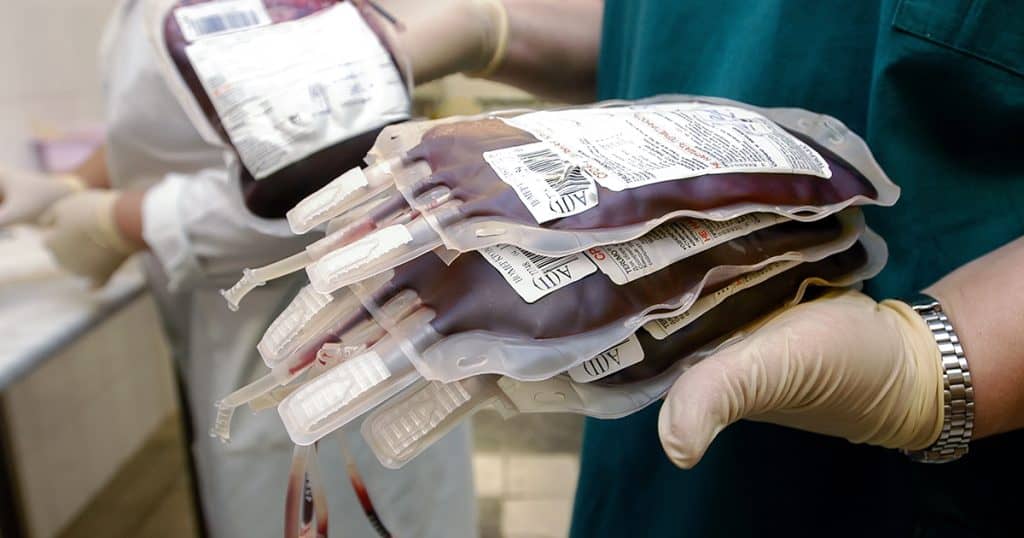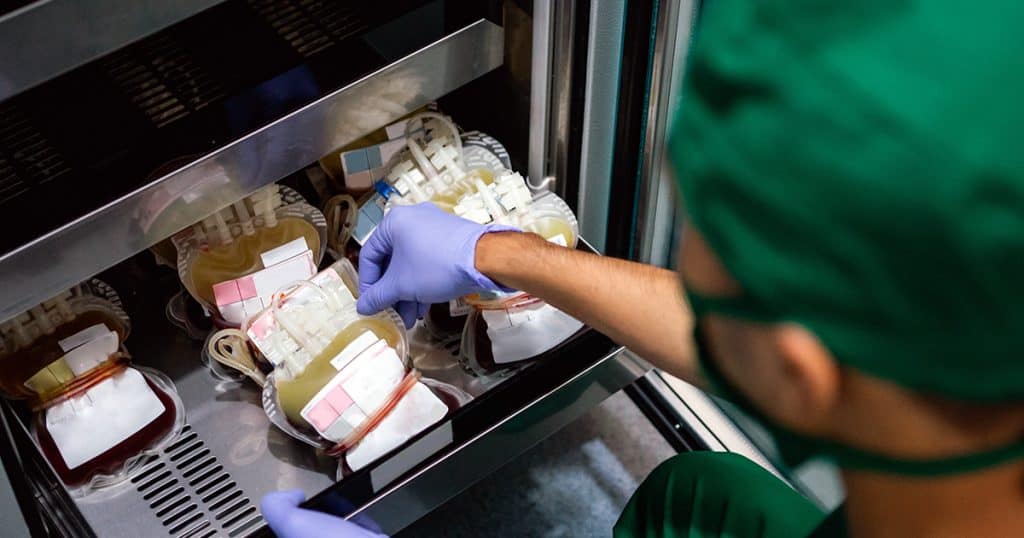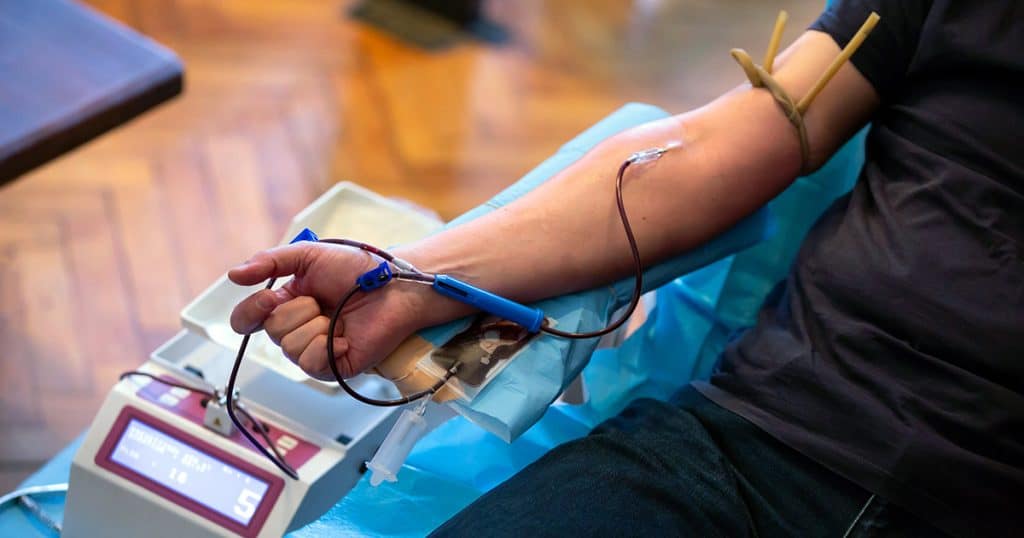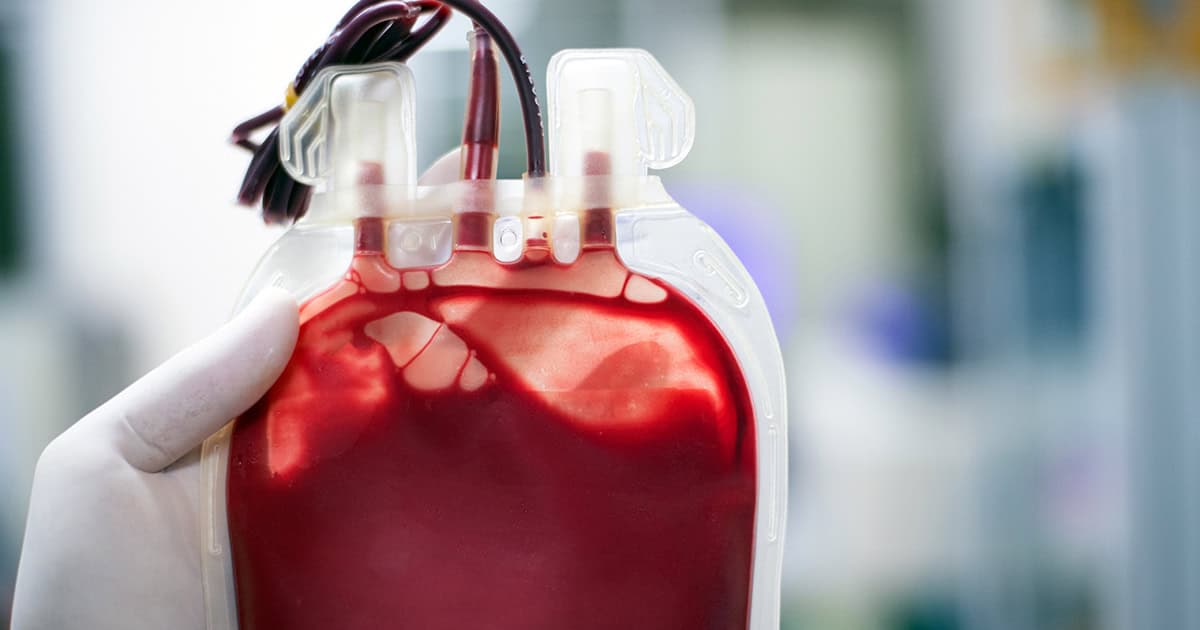Blood bank fridges play a crucial role in preserving the integrity of blood and its components, ensuring they remain safe and suitable for life-saving transfusions. Through precise temperature regulation, these refrigerators are at the centre of medical facilities and blood banks, supporting healthcare systems worldwide.
Why are blood bank fridges used?
In blood banks, refrigerators are vital for storing whole blood and blood components such as red cells, plasma and platelets at strictly controlled temperatures. Maintaining optimal storage conditions is critical to preserving the functionality and safety of these products, prolonging their shelf life and preventing bacterial growth that could compromise patient safety.

What makes blood bank refrigerators different from domestic refrigerators?
Blood bank fridges are engineered to meet the stringent requirements for storing blood products. Unlike domestic refrigerators, ARCTIKO blood bank units come equipped with advanced features such as precise temperature controls, continuous monitoring, and built-in alarm systems. These features ensure the temperature remains stable at 4°C, which is critical for the safe and reliable storage of blood. Domestic refrigerators, lacking these specialised functions, are not suitable for medical storage.
In addition, ARCTIKO blood bank refrigerators are certified under MDD 93/42/EEC Class IIA and CE 2460 (Medical Device Class IIA). These certifications show that ARCTIKO refrigerators meet stringent healthcare regulations, ensuring they deliver the highest levels of safety, reliability and performance required for blood storage. Since even slight temperature fluctuations can compromise the quality of blood products, having dependable regulated refrigeration is essential for preserving their integrity.

Why are blood samples refrigerated?
Refrigerating blood samples helps preserve the integrity of the blood cells and slows down the natural breakdown of key components. Lowering the temperature reduces metabolic activity and bacterial growth, allowing the samples to remain viable for longer periods, and ensuring accuracy in testing and analysis.
How long can blood remain unrefrigerated?
Blood should not be left unrefrigerated for more than 30 minutes. Exposure to room temperature can lead to bacterial contamination and degrade the quality of the blood, ultimately threatening patient safety.

ARCTIKO blood bank refrigerators are vital for ensuring the safe and effective storage of blood products. With advanced TRUE DUAL™ technology and certifications under MDD 93/42/EEC Class IIA, CE 2460 (Medical Device Class IIA), ARCTIKO refrigerators meet the highest regulatory standards for medical devices. This ensures precise temperature control and compliance with rigorous healthcare requirements and safeguarding patient safety.
Explore our full range of solutions and elevate the safety and reliability of your blood storage systems today.
Trust ARCTIKO to protect your most vital resources. Learn more about our innovative solutions or get in touch with us today.

 Fast Delivery
Fast Delivery  Global Compliance
Global Compliance  Long Term Support
Long Term Support